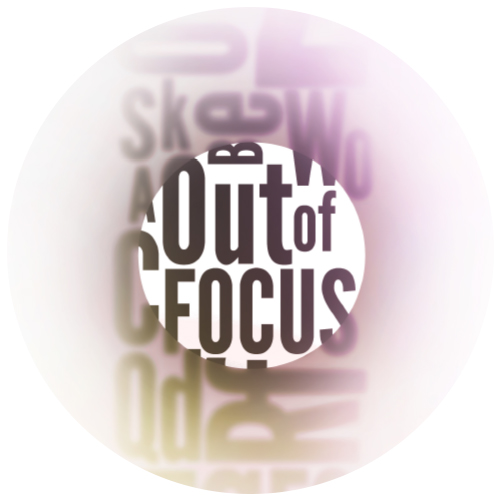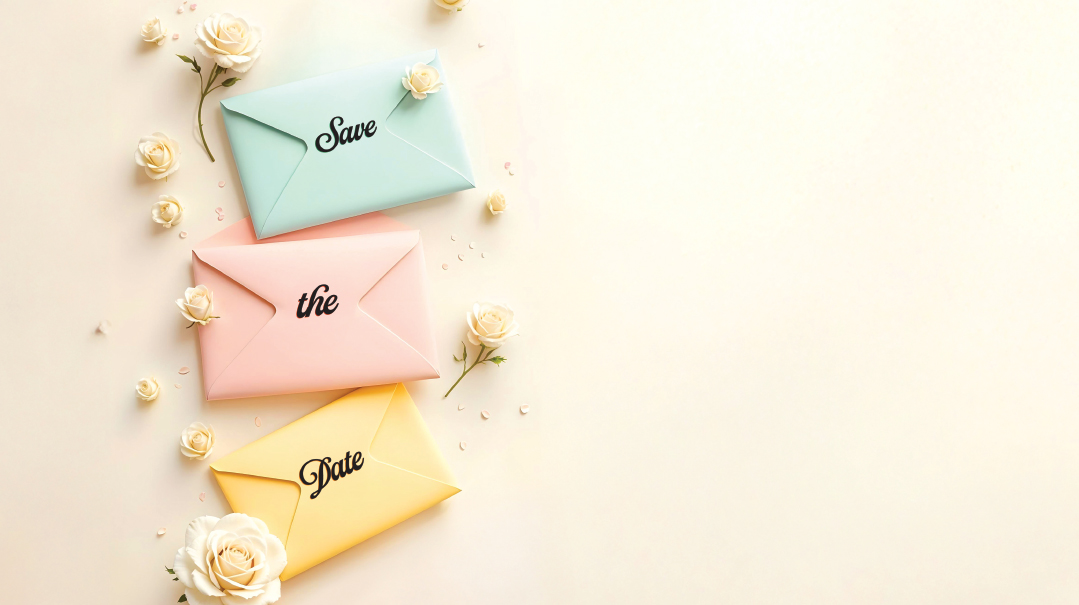Out of Focus: Chapter 3
| November 6, 2024It made getting everything done so much easier. It was amazing. And it was awful

The first thing I did after coming to terms with my diagnosis was fill my prescription for Concerta.
To quote Charles Dickens, it was the best of times and the worst of times.
It was as if I’d put glasses on my brain. Usually the items on my mental to-do list spun around in a blur in my brain. On Concerta, everything I had to do magically slotted itself into a list in order of priority. It made getting everything done so much easier.
It was amazing.
And it was awful.
I couldn’t look at food. I could taste and smell my stomach acid. And once the medication wore off in the evening, I was shaking from hunger, wanted to devour a box of cookies, a whole package of sour sticks, anything that could give me a sugar rush.
But worse was the anxiety. I felt like I’d drunk ten cups of espresso in a row. I was in overdrive, as if I was an antelope on the savanna, twitching my head from side to side trying to figure out from which direction the lion was roaring, in which direction to run.
I tried Vyvanse, which is supposed to be easier on the body. It wasn’t on mine. For two nights in a row, I couldn’t sleep. I spent the nights tossing and turning from one side to the other, pulling my blanket on and off, my eyes heavy with exhaustion but my mind as awake as if it were ten in the morning.
The next day I met with a friend whom I hadn’t seen in several years. We sat at the local coffee shop hunched over our cappuccinos, trying to fill each other in on the last few years of our lives, but I was so exhausted and wired, I couldn’t construct a sentence.
I stopped Vyvanse right away. I talked with the neurologist about other options. “There’s nonstimulant medication like Straterra, and there’s Wellbutrin, an antidepressant used off-label,” Dr. Vilensky said, looking over at me from above his glasses. “But you can’t take these during pregnancy or while nursing.” He looked at me pointedly.
“I have a nursing baby,” I whispered, thinking of his chubby little arms and legs and the way he put his head on my chest and his arms around me. I was in my early thirties. Hopefully, I’d have more children. These weren’t going to be options for the foreseeable future.
We agreed I’d try natural methods instead. Dr. Vilensky had ordered blood work, and the results showed that my vitamin B12 and vitamin D levels were, in his words, “catastrophic.” Vitamin B12 especially has an impact on neurological functioning. So I cut out sugar and white flour, made sure all my meals included a protein, a whole-grain carb, and lots of vegetables of different colors. I took a vitamin B12 and vitamin D supplement, and I went on a half-hour walk every other evening. The most challenging change to make — after all, I’m a working mother of a large family and I have ADHD — but the most impactful, was going to sleep early. “De sleep before midnight is vert double de sleep after midnight,” my grandmother had always said in her Hungarian-accented English, and once I started turning out the lights at 11, I realized how right she was.
I’d also always been a big coffee drinker and couldn’t get moving in the mornings without it. Before doing anything I found boring or overwhelming, like folding mountains of laundry, I’d first brew a pot. I’m a mechaneches, and my students had picked up on what a big coffee drinker I am — one class even gifted me with a soup bowl-sized mug with their class picture on it. Now that I had an ADHD diagnosis, I understood. Coffee is a low-grade stimulant, and I’d been unknowingly self-medicating with it. Now, I used it strategically, drinking a cup before I had to mark tests or wash dishes.
With all these lifestyle changes, my symptoms improved significantly. Before, I’d felt like I was doing a complicated dance routine with 100-pound weights tied to my ankles. Now, I was still trying to pirouette and twirl, but the extra load weighed only ten pounds.
One of my biggest challenges with ADHD is procrastination. I push off doing anything I find even a little challenging. That means I’m always doing things at the last minute, always in emergency mode, pulling an all-nighter to write all my report cards, or doing a crazed cooking marathon before Yom Tov.
I’d been taught to “swallow the frog,” to do the hardest thing first to get it over and done with. But I’d push off “swallowing the frog” and then get nothing done. For example, I don’t work on Thursdays. That day was supposed to be dedicated to deep cleaning the house and running errands. But my Thursdays often looked like a meme I once saw.
9 a.m.: Going to get a lot of things done today.
10 a.m.: Going to start doing those things soon.
1 p.m.: Going to start doing those things really, really soon.
3 p.m.: Things canceled. Eating peanut chews instead.
I decided to try something different. What if I did a small, easy task first? Instead of starting in the kitchen, the most intimidating part of the house, with the overflowing sinks and pretzel crumbs ground into the hardwood floor, I started in my bedroom, the least messy room in the house. Then I’d put in a load of towels and sheets, which requires no sorting and spraying. Before I knew it, I’d worked my way through the house, until I was in a cheerful enough mood to tackle the kitchen.
The idea of making things easier for myself became a cornerstone of running my home. I’d always pushed myself, berated myself for not working harder, labeled myself lazy and irresponsible, seethed with self-loathing. But after reading a bunch of housework books and doing a homemaking course, I realized I needed to work smarter, not harder. On the pages of these books, I found comfort in the fact that there were other people who also struggled to keep house. There were other women who had a sinking feeling whenever the doorbell rang, or had what one writer, known as FlyLady, dubbed C.H.A.O.S, Can’t Have Anyone Over Syndrome, because their house was too messy. Another book (The House That Cleans Itself) had a story about a woman whose house was so messy, her neighbor looked in the window when the family was on vacation and then called the police because she thought they’d been burglarized.
And I changed the way I talked to myself. I stopped criticizing myself for not trying harder, stopped equating my ability to keep house with my self-worth. The feelings of shame I carried with me eased.
It was the biggest gift I could have given myself.
To be continued…
(Originally featured in Family First, Issue 917)
Oops! We could not locate your form.


